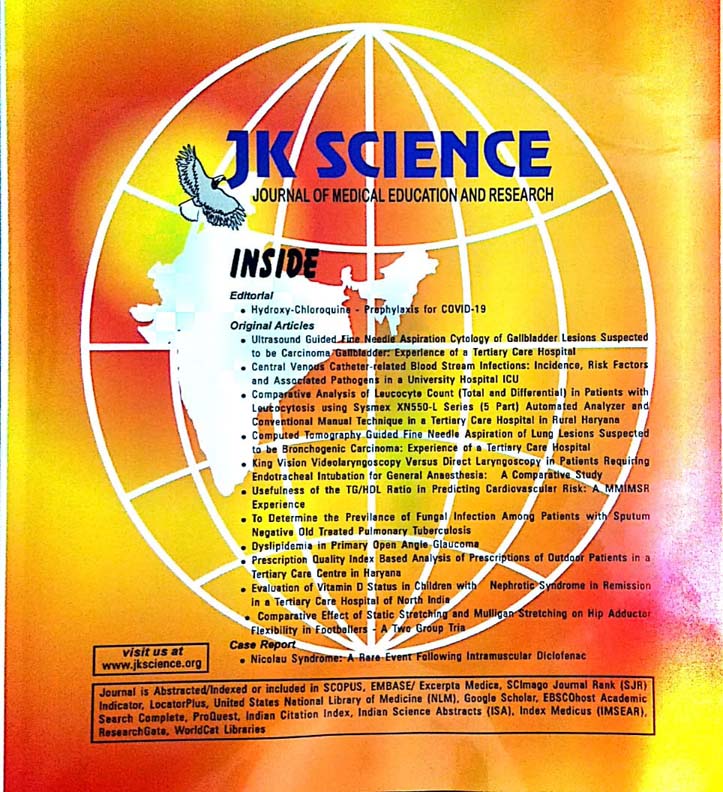Objective Structured Practical Examination (OSPE) Improves Student Performance: A Quasi-Experimental Study
Keywords:
Biochemistry, Feedback, Medical education, QuestionnaireAbstract
Background: Medical education aims to develop clinical competency in students at all levels with the aid of appropriate teaching and assessment methods. While the theory examination assesses the student’s cognitive domain, the practical examination should be designed in such a way that it assesses the cognitive, psychomotor, and affective domains like knowledge, skill, and attitude.
Purpose: We compared the performance of students between Traditional Practical Examination (TPE) and Objective Structured Practical Examination (OSPE) in two different batches and analyzed their feedback.
Material and Methods: A quasi-experimental type of study design was employed for two batches of the 1st year medical undergraduates who attended both the 1st and 3rd internal assessment (IA). Batch-1 (n=126) had TPE in both IA and Batch-2 (n=164) had TPE in the 1st IA and OSPE in the 3rd IA. The performance of the students was compared using the student ‘t’ test and the feedback was collected on a 5-point Likert scale. The content validity index (CVI), content validity rate (CVR), and the coefficient of reliability of the questionnaire were calculated.
Results: The 1st IA marks of both the batches were comparable (p=0.509), however, the 3rd IA marks of batch-2 (p=0.000) were significantly more than that of batch-1. The students and faculty questionnaire had CVR scores >0.96, CVI scores >0.86 and 0.8 with an internal consistency of 0.89 and 1.24 respectively. Both the students and faculty preferred implementing OSPE in biochemistry.
Conclusion: Implementation of OSPE in the medical curriculum was well accepted and appreciated by both students and faculty.
Downloads
Downloads
Published
How to Cite
Issue
Section
License
Copyright (c) 2021 JK Science: Journal of Medical Education & Research

This work is licensed under a Creative Commons Attribution-NonCommercial-ShareAlike 4.0 International License.





